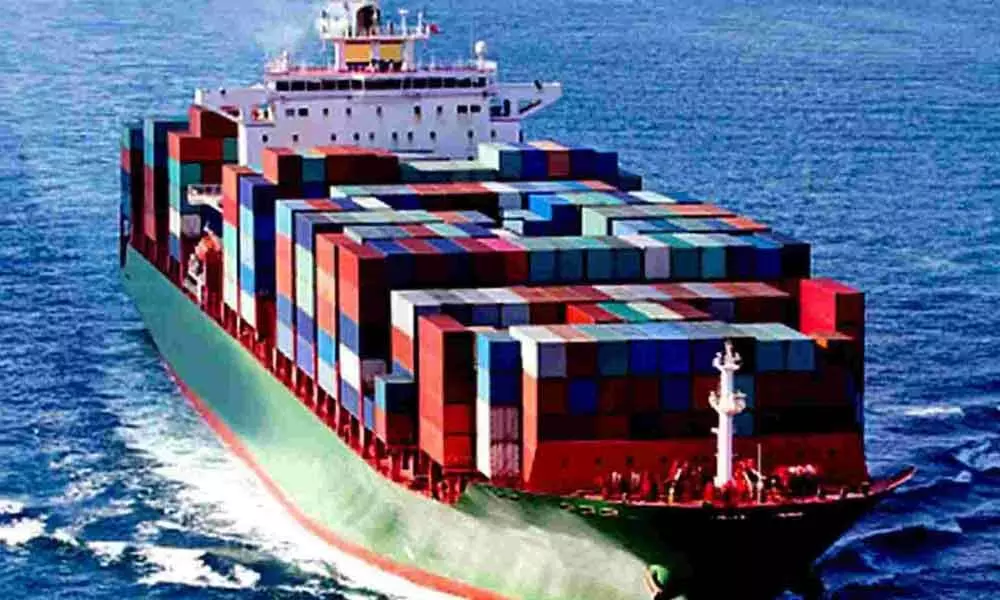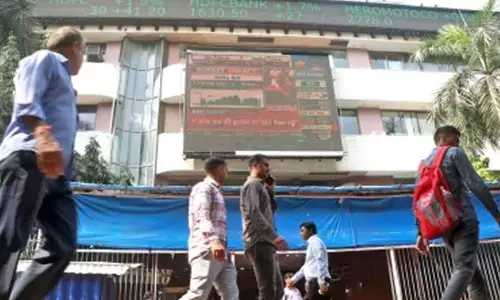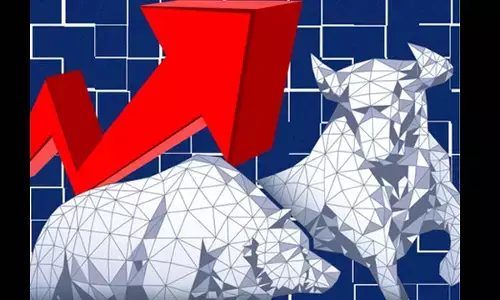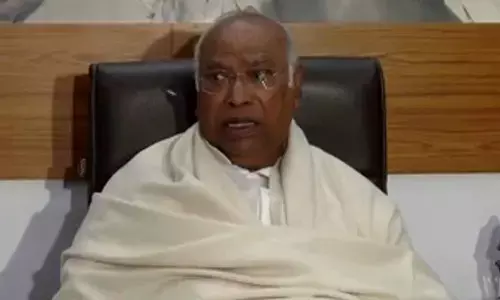Russia-Ukraine war: Tough time ahead for exporters

As the conflict in Ukraine intensifies, the economic fall-out on the world increases by the day.
As the conflict in Ukraine intensifies, the economic fall-out on the world increases by the day. Though the biggest and most immediate impact for India is the spike in global oil prices, there are other repercussions including the hurdles in normal trade with both Russia and Ukraine. There may not be a huge amount of bilateral trade with these countries, but several commodities are of crucial importance. The bulk of sunflower oil supplies, for instance, come from the Ukraine. Fertilisers are another key commodity exported by both Russia and Ukraine to many countries. In fact, there are worries in the US over non-availability of adequate fertilizers for the farm sector in case the conflict continues for many weeks. The same issue is of concern here as alternate suppliers will have to be found to meet this country's needs in the coming months.
As far as exports are concerned, pharmaceuticals top the list of goods being supplied from India to both these countries. Clearly these are items that would be urgently needed in case the conflict continues for a long period.
Currently, bilateral trade with Russia is roughly about 10 billion dollars of which about 6 billion dollars is in terms of imports. In the case of Ukraine, the total bilateral trade is estimated at about 2.6 billion dollars. The amount of trade is not large in the overall context as Russia is only India's 25th largest trade partner. But the goods involved are critical including crude oil and fertilizer imports. Alternative arrangements can be made for oil supplies but there may be difficulties in finding new sources for fertilizers which will be urgently needed in the agriculture sector over the next few months.
Several problems have also cropped up on the export front following the launch of hostilities by Russia. This is largely related to payment issues as the sanctions imposed by western countries have come into effect in the banking system. The issue of credit guarantees has also come as a jolt to exporters. The Export Credit Guarantee Corporation of India has informed exporters that credit guarantees will now be approved only on a case by case basis and not freely as before. This was apparently done to account for the rising risk in the region. But the move will definitely impact the process of exports to Russia including shipments that are already in the pipeline.
Finance Minister Nirmala Sitharaman has provided some much-needed reassurance to exporters by declaring that rupee- rouble transaction facilities will be arranged through selected banking outlets. It must be recalled that even in the case of Iran, since sanctions prevented India from making payments in dollars, this route was adopted to ensure that funds could flow to that country. The rupee-rouble route was also resorted to for advance payments for the S400 air defence systems being purchased from Russia, owing to US sanctions on use of dollars. This facility may be expanded in order to ease payment issues for importers and exporters.
Other repercussions of the conflict that will affect exports to Russia as well as eastern European countries include the rising cost of freight to that region. Insurance premiums have gone up sharply for vessels going to Baltic and Black Sea ports. This has raised costs considerably for exporters. The net result is that shipments to these areas could be delayed for some time, till there is more clarity on all export issues including the effect of sanctions.
Surprisingly, the scenario is not all bleak on the export front. In fact, analysts are already examining the areas in which India can become an alternative supplier of goods which could face supply disruption in the short run. For instance, Russia and the Ukraine provide about 10 to 12 per cent of total steel supplies in the world. In case the current supply disruption continues, India is poised to step in to export steel products to the European Union. The only issue in terms of profitability could be a matching rise in coking coal prices which could make steel prices more expensive.
The second major item for which demand has already shot up is wheat from this country. Russia is the world's largest wheat exporter while Ukraine also figures among the top five exporters. With sanctions affecting availability from Russia and exports from Ukraine uncertain, wheat prices have risen while the export demand is increasing. Similarly, demand for maize of which Ukraine has been a major supplier till now is expected to shift to India, at least till such time as tensions subside in that country.
Thus export possibilities have opened up in several areas for domestic producers. At the same time, it has to be recognized that much will depend on the time-frame of this conflict as well as that of the sanctions on Russia. In case there is ultimately a diplomatic solution, which appears highly unlikely right now, then it may not be long before things are back to normal. But if Russia is able to overcome resistance in Ukraine and take over the country, there would be a different scenario. In that case, the sanctions would continue against Russia and possibly be even enhanced. Right now the immediate impact of the sanctions has been a crash in the value of the rouble along with a sharp hike in interest rates by the country's central bank. The future ramifications are difficult to predict as the situation is a dynamic one.
In such a scenario, it is clear that any gains on the export front may be in the short run as much depends on the outcome of the situation in Ukraine. One thing is clear, however, exporters to Russia, Ukraine and other east European countries must brace themselves for difficult times.















